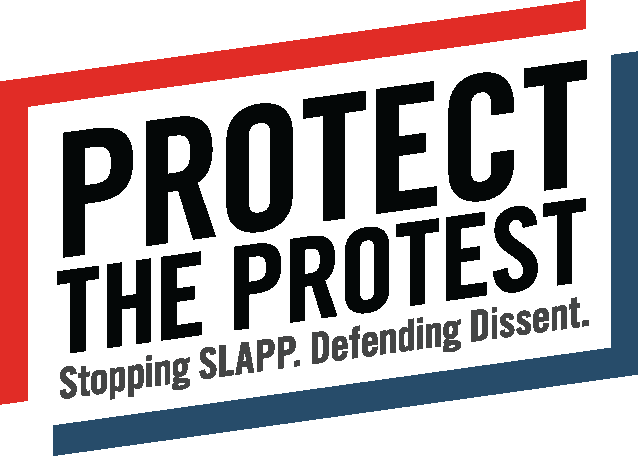Texas: Don’t Let the Legislature Gut Your State’s Free Speech Laws
Electronic Frontier Foundation (EFF) describes what is at stake if a Texas anti-SLAPP statute gets watered down. This article has been re-posted from EFF's website. TAKE ACTION: Tell Texas lawmakers not to throw out free speech protections.--------------------------A bill is moving forward in the Texas Legislature that would make it easier to bring baseless lawsuits against Internet users in the state who review businesses, speak anonymously, or otherwise exercise their First Amendment rights. If you’re a Texan, we need you to contact your lawmakers and speak up for free speech.The bill, HB 2730, would gut key protections of the Texas Citizens Participation Act, or TCPA. The TCPA was passed in 2011 to help fight back against lawsuits meant to silence free speech, which are sometimes called SLAPPs—which stands for Strategic Lawsuit Against Public Participation. The Texas anti-SLAPP law’s robust speech protections have made it a national model.Properly crafted anti-SLAPP laws provide critical protections for speech. While the state laws are different, they generally allow individuals targeted by the suits to get them thrown out early and allow targets of the lawsuits to recoup their costs and attorneys’ fees from the party that sued them.The TCPA contains these provisions and others that make it a powerful tool for everyday Texans who get dragged into court for exercising their First Amendment rights. Even meritless lawsuits targeting speech fully protected by the Constitution are expensive, time consuming, and intimidating to defend against. The biggest motivator for litigants bringing a SLAPP suit is often to inflict financial and other damage on their targets rather than vindicate legitimate legal claims, making it a battle that many people simply can’t afford.Since the TCPA passed in 2011, it has worked incredibly well to protect Texans targeted for exercising their free speech rights. But the TCPA will be seriously damaged if HB 2730 passes in its current form.The bill includes specific provisions that would harm speakers who rely on the Internet for free speech. First, the bill will help individuals who want to intimidate, harass, or silence anonymous speakers. They’ll be able to take advantage of a feature of Texas law that allows them to find out speakers’ identities, without having to file a lawsuit. Anonymous speakers are already targets of vexatious lawsuits. HB 2730 is particularly concerning because it would explicitly prevent anonymous speakers targeted by Texas’ pre-litigation discovery process from being able to use the TCPA to defend themselves. The bill gives the green light to companies that want to wipe away online criticism, including true statements or opinions protected by the First Amendment.Second, the bill greatly narrows the type of First Amendment activity that would be protected by the TCPA. It specifically exempts speech related to “selling or leasing goods or services,” among other things. Online reviewers could be threatened with lawsuits just for giving their honest views of a product, and wouldn’t be able to defend themselves with the TCPA.Finally, it punches huge a loophole in the TCPA by exempting legal actions to enforce non-disparagement agreements. These types of clauses can be buried deep inside contracts, and consumers sometimes don’t even know they have signed away their right to criticize a business or online service. The bill would exacerbate the power imbalance between online services and their users—companies and others could sue users won’t get any protections under the TCPA.With the bill expected to receive a hearing next week in the Judiciary and Civil Jurisprudence committee in the Texas House of Representatives, it’s critical that the nine committee members hear from Texans this week. Send an email now.
